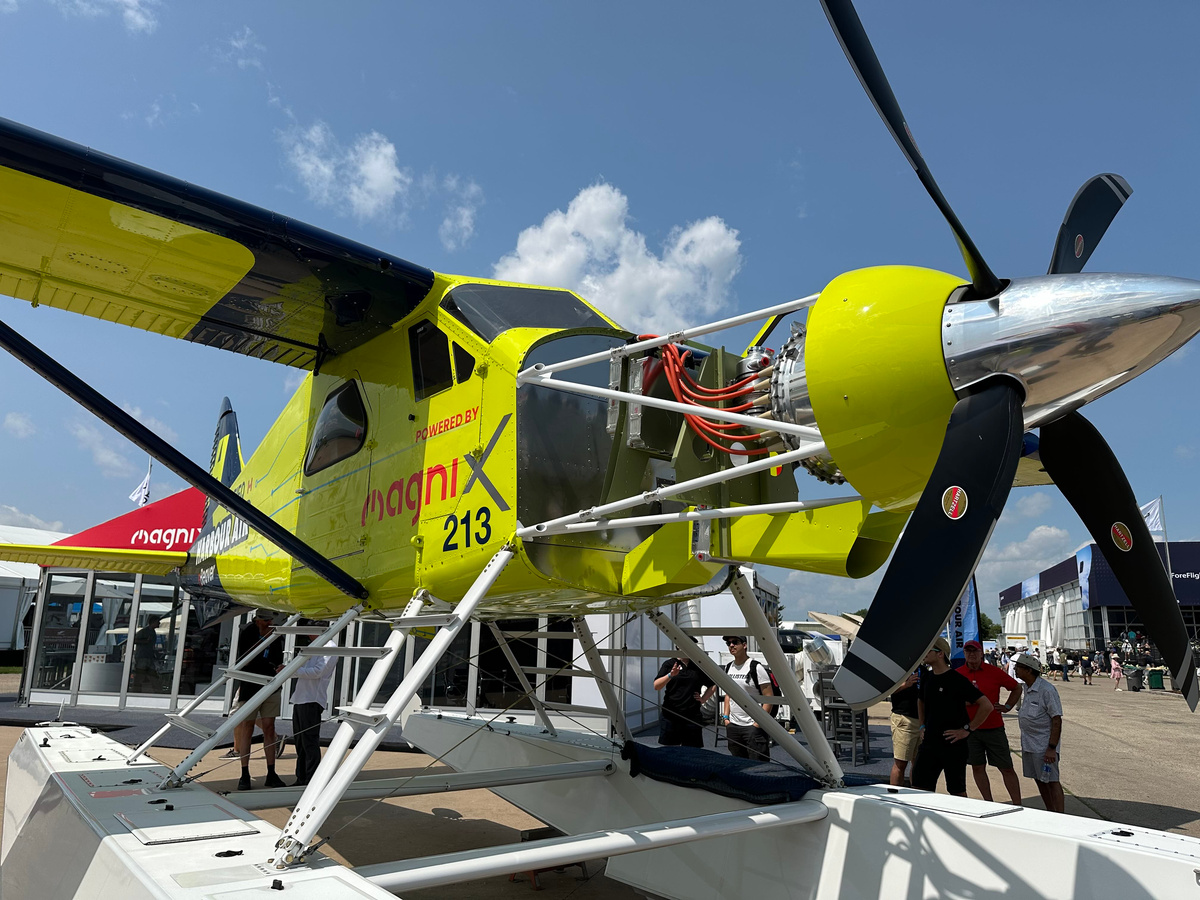Revolutionizing Aviation with Hydrogen and Electric Engines: A Glimpse into the Future
Key Ideas
- Kawasaki aims to certify piston engines by 2030, driven by collaboration and the potential of hydrogen fuel.
- H2Fly co-founder anticipates the first hydrogen-powered aircraft in service by 2030, emphasizing the importance of renewable energy for hydrogen production.
- Companies like Stralis, ZeroAvia, and Safran are actively exploring hydrogen fuel tanks, aircraft conversion plans, and electric engine applications for aviation.
- P&W Canada, MagniX, and C&L are experiencing growth in the engine business, with a focus on supporting regional jets, VTOL applications, and electric propulsion initiatives.
The aviation industry is on the brink of a major transformation with a strong focus on hydrogen and electric engines. Kawasaki is working towards certifying piston engines by 2030, with hydrogen fuel as a driving force behind this effort. H2Fly, a pioneer in hydrogen aviation, predicts that the first hydrogen-powered aircraft will be operational by 2030, highlighting the critical need for renewable energy sources to produce hydrogen fuel sustainably.
Several companies are actively involved in advancing hydrogen and electric propulsion technologies in aviation. Stralis is sourcing hydrogen fuel tanks for aircraft conversion projects, ZeroAvia is scaling fuel cell stacks for smaller UAS and VTOL applications, and Safran's EngineUs engines are set to power the Atea eVTOL aircraft. Additionally, P&W Canada, MagniX, and C&L are all experiencing growth in the engine business, focusing on innovation and support for various aircraft types.
The industry is witnessing notable collaborations and initiatives to drive the adoption of sustainable aviation technologies. Kawasaki's pursuit of piston engine certification and the various projects aimed at integrating hydrogen and electric engines into aircraft demonstrate a positive shift towards environmentally friendly aviation practices. With companies like MagniX introducing the Helistorm family of electric engines and Robinson Helicopters endorsing electric propulsion, the future of aviation looks promising with a strong emphasis on cleaner and more efficient engine solutions.
